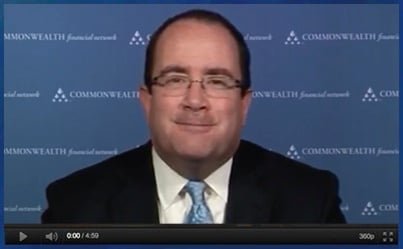I dropped my phone the other day, severely cracking its face. It still worked, but I felt like I was getting slivers of glass in my finger every time I used it, so I took it in for repair. The fix worked fine in the short term, but last night, the phone just died. Nothing.














